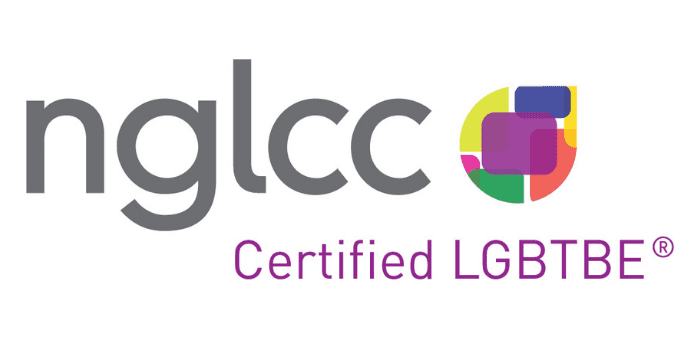This article is part of a series on the impacts of hormone replacement therapy (HRT), designed to help our clients (and others!) prepare for possible changes they may experience as they begin their hormone journeys.
During transition, many people are eager for hormonal changes to take place rapidly- understandably so. Most people anticipate physical changes from hormones, but it is just as important to prepare for the emotional changes that may occur.
Puberty is a roller coaster of emotions, and the second puberty you will experience during your transition is no exception.
What kinds of emotional state changes can you expect, and when should you expect to see them?
Your overall emotional state may or may not change; this varies from person to person. If you don’t feel emotional changes, that doesn’t mean the hormones aren’t “working.” It just means they are impacting your emotions very much.
Early on in your hormone journey, you may feel more emotionally tender, crying at movies that don’t usually affect you or losing your cool when you’d usually stay calm. This is completely normal, and will likely even out over time.
After a while, you may find that you have access to a wider range of feelings, finding it easier to cry or to connect with others on an emotional level.
You may find that over time, you take up different hobbies than before, or have different interests or tastes. This might not necessarily be a direct result of hormones; it may be that you didn’t feel as comfortable doing some things before transitioning hormonally, such as asking out a person you’re attracted to or engaging in a hobby that may be seen by some as more “feminine.”
Some people find that their relationships with others shift during transition. This may be due to hormone changes, but it may also be due to relationship dynamics. As you transition and feel more confident, you may assert yourself more. Or perhaps your sibling has always felt a rivalry with you, but your new gender expression or presentation changes that pattern so a new way of interacting starts to show up.
It is not uncommon for people to experience periods of grief, mourning, or loss early in hormonal transition. If you experience those feelings, it doesn’t mean your decision to transition hormonally was a mistake. It just means that you’re aware of the new ways the world may see you, and of the letting go of who you once were (or who others thought you were).
Take time to learn new things about yourself, and sit with new or unfamiliar feelings and emotions while you explore and familiarize yourself with them. While therapy is not for everyone, you may find that working with a therapist can help you explore these new thoughts and feelings, get to know your new body and self, and help you with things like coming out to family, friends, or coworkers, and developing a greater level of self-love and acceptance.

